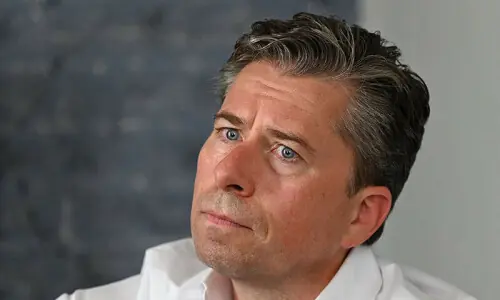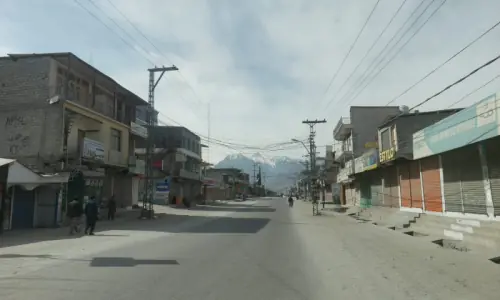QUETTA: Around six per cent Pakistanis — 6.7 million people aged between 15 and 64 years —used drugs over the past 12 months.
The Drug Use in Pakistan 2013 Survey Report released here on Saturday said that 4.25m people were thought to be drug dependent but treatment and specialist interventions were in short supply.
The treatment was available to less than 30,000 drug users during the period under review, the report said, adding that not all structured treatment was free of charge.
Know more: KP has highest number of drug users: report
The survey on the prevalence and patterns of drug use among the population aged 15 to 64 aims to inform the government, civil society and private-sector organisations so that they could develop and implement effective prevention, treatment and care services in the country.
Balochistan Health Minister Rehmat Saleh Baloch launched the report prepared by the United Nations Office on Drugs and Crimes (UNODC) in collaboration with the Narcotics Control Division, Pakistan Bureau of Statistics.
The report says that in a country where almost a quarter of the population is estimated to be living on less than $1.25 a day, the barriers preventing access to structured treatment are exceptionally high.
It said 0.28m people used illicit substances in Balochistan in the past year whereas 17,000 drug users are estimated to be injecting drugs. “Cannabis was found to be the most commonly used drug (2.8 per cent). Vulnerability to HIV and other blood-borne diseases through injecting drug use is also considerable due to sharing of needles and syringes.”
Mr Baloch said his ministry was collaborating with the UNODC for prevention of both drug use and of HIV among people who injected drugs.
The ministry in partnership with the UNODC would continue its efforts for drug use prevention in the province, he said.
UNODC Representative in Pakistan Cesar Guedes said the survey had been conducted in Pakistan at the provincial level for the first time and it provided a comprehensive data on drug use “The information contained in the report will form baseline for future planning and designing of drug prevention and treatment programmes in Pakistan,” he said.
Published in Dawn, November 24th , 2014

































